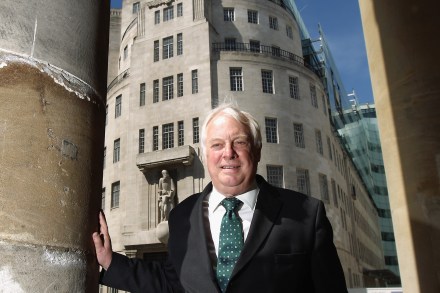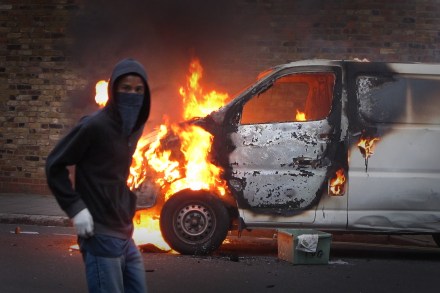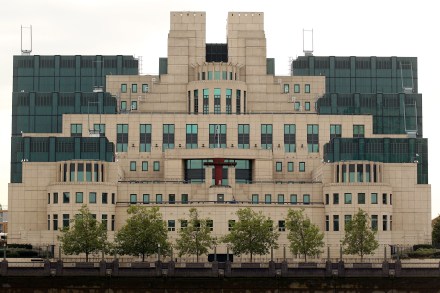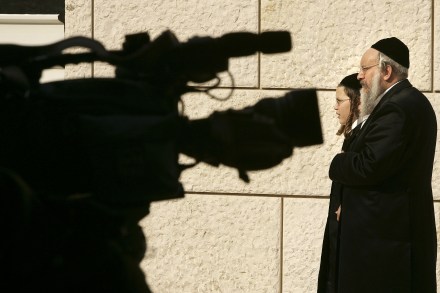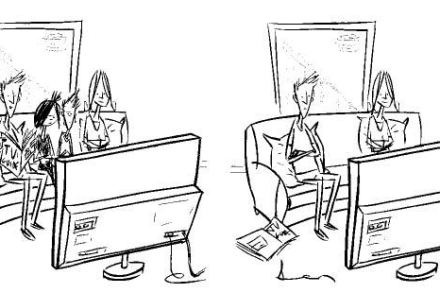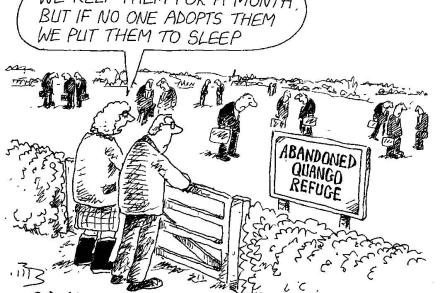Chris Huhne: an apology
I have apology to make. I wrote on Friday that I suspected Chris Huhne’s mistweet “fine, but I don’t want my fingerprints on the story” was the Climate Change Secretary briefing against a Cabinet colleague to a Sunday newspaper. This was a horrid allegation to make, suggesting that a member of Her Majesty’s Government would spend his time and energy trying to ridicule a colleague for the benefit of a Sunday newspaper. I now accept that he was not. It was for the Saturday edition of The Guardian. Huhne has just fessed up to Jon Sopel the Politics Show on BBC One: “In the Eastleigh News website is a recording



